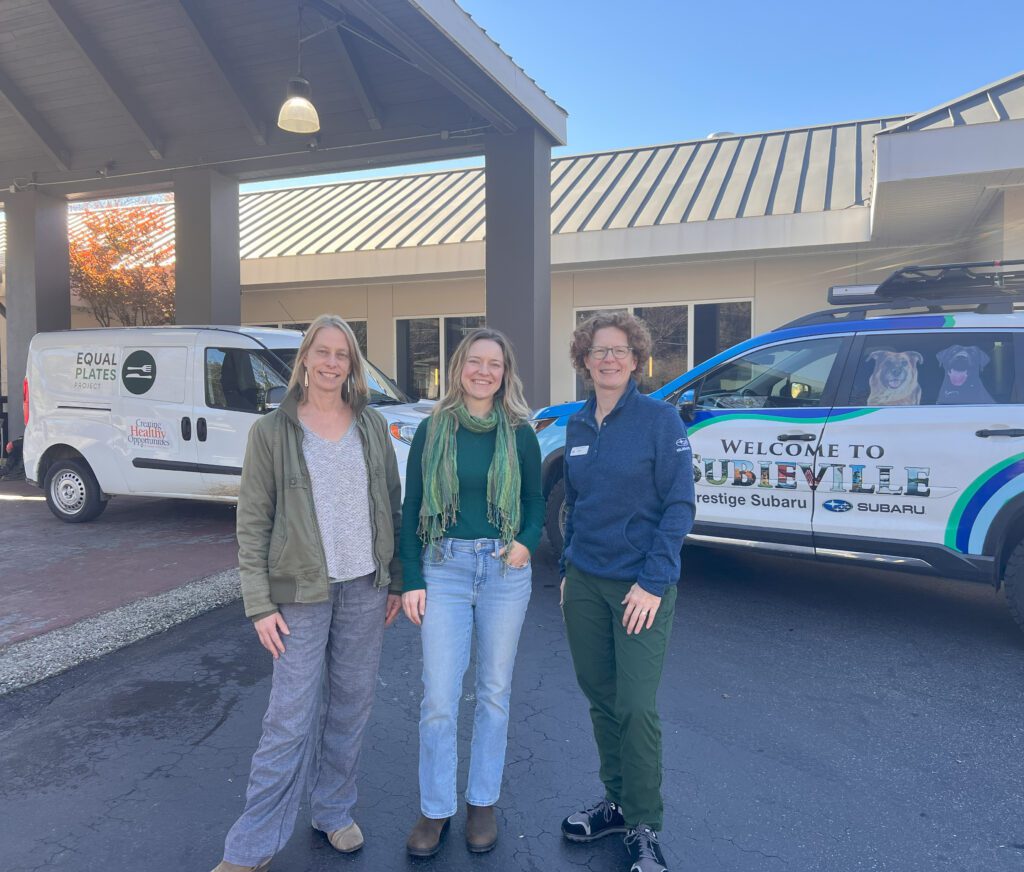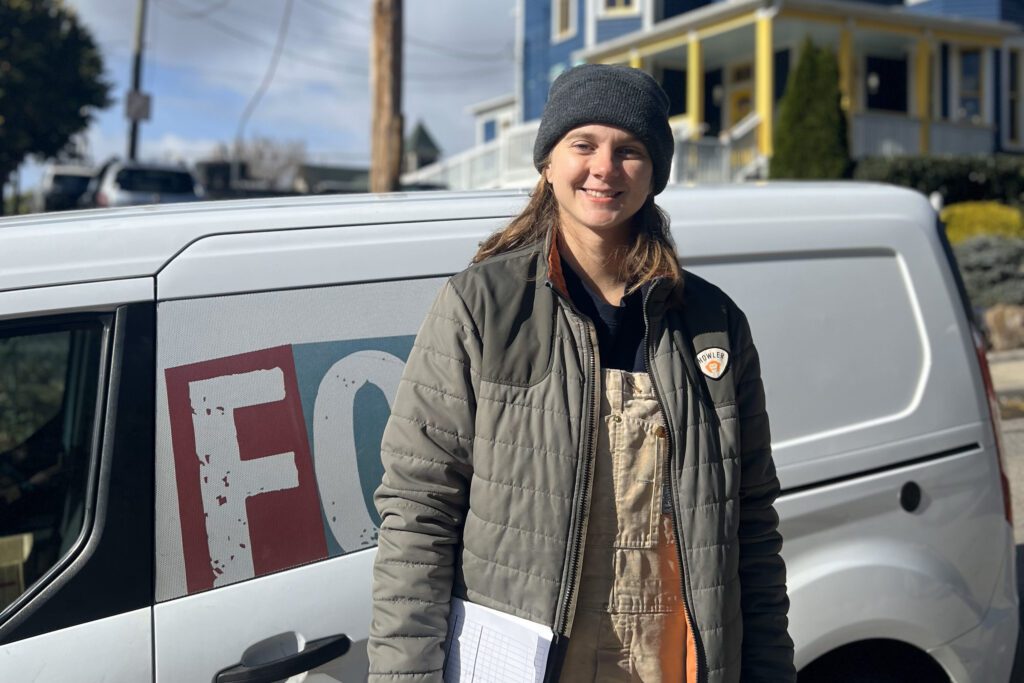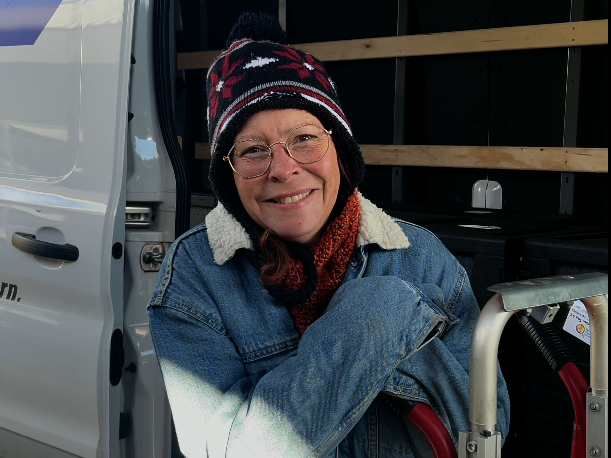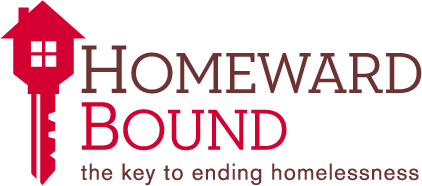Meal Partners
The U.S. Census Bureau reports that 10.4 million Americans spend half or more of their income on housing, forcing them to choose between shelter, food, and other basic needs. For those experiencing homelessness, these choices become even more difficult. Hunger and homelessness often intensify one another, creating a cycle of physical and emotional challenges.
Organizations like Food Connection, Equal Plates Project, and World Central Kitchen are working to change that, and we witness their impact every day.
Food Connection believes access to nutritious food is a human right. Their mission to rescue surplus food, repack it into meals, and distribute it to the farthest reaches of our community is integral to fighting food insecurity in WNC. Our AHOPE Day Center wouldn’t be able to serve our unhoused neighbors as effectively without their tireless support.
Equal Plates Project believes in a connected community where local farmers thrive by providing healthy, accessible meals to everyone, regardless of barriers. Since October 2023, they have included our community’s most vulnerable members by providing daily meals to Compass Point Village. On top of that, their team is committed to building genuine relationships with our residents.
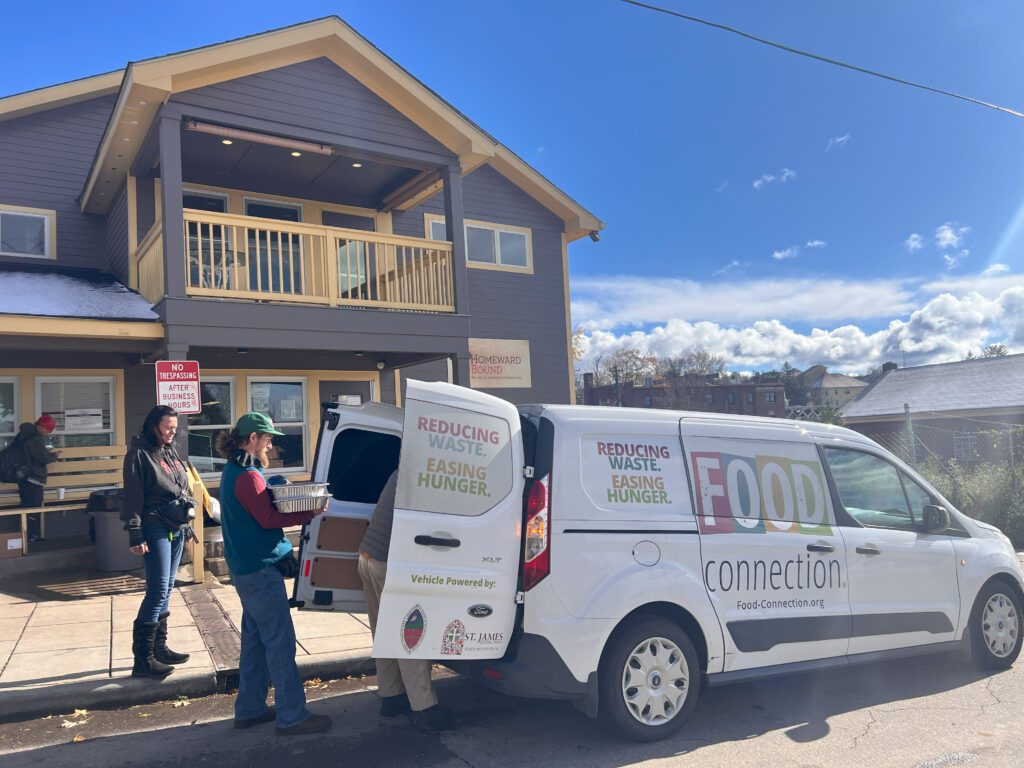
World Central Kitchen also understands the profound role food plays in restoring hope. After Hurricane Helene struck and Western North Carolina faced power and water outages, they immediately stepped in to coordinate daily meal deliveries to Compass Point Village, ensuring that hope remained alive for all.
Thank you for standing with us as we continue the fight to end hunger AND homelessness together. Learn more about how hunger and homeless intertwine here.
